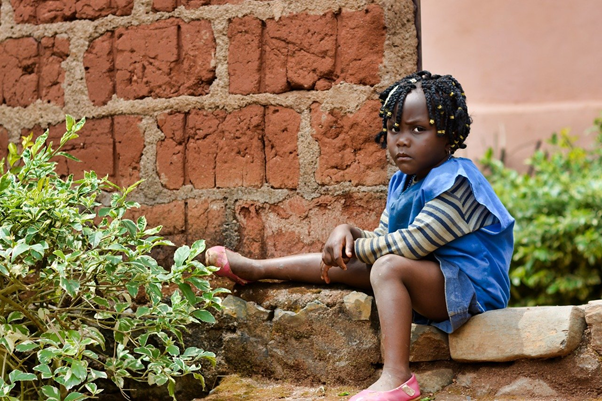
“SCHOOL’S OUT FOR SUMMER!” One of my nieces informed her Facebook friends a week ago: “10 week summer holiday we’re ready for you!”

By coincidence, I read this the same week I learnt of Government plans to remove discretion from schools and Local Authorities and insist on fines for parents whose children are absent from, or late for, school. And it was also the week the office of the Children’s Commissioner for England (CCE) released the report “Voices of England’s Missing Children”, with which the CCE launched what she called “A national mission, for every child”: the mission of ensuring 100% attendance in English schools.
At first sight, Dame Rachel (the CCE) and Secretary of State (SoS) Nadhim Zahawi, seem to be in opposition. Zahawi’s proposals are currently out for consultation (closing date July 29) but the preamble assures us that, following an earlier consultation “the Secretary of State committed to introduce a new national framework for the use of legal interventions for absence”. The present consultation is about “thresholds for legal intervention” not whether it happens at all: the Government has already decided both to enforce school attendance by fines and prosecutions and to bypass schools and headteachers – who clearly cannot be trusted. All schools will be required to use electronic registers which are to be monitored by the Department for Education.
The CCE, by contrast, seems to take a softer approach, at least to a point. She reports children and their families questioning the usefulness of rewards and fines for attendance and, specifically discussing the problems faced by young carers, she has this to say: “Attendance policies need to be implemented flexibly where a child is a young carer or has additional responsibilities. Receiving detentions for being late due to caring responsibilities doesn’t support young carers to attend school more promptly but rather creates barriers between the school and the child.” That does not sit well with Mr Zahawi’s automatic fines and no discretion for schools, though unfortunately the Children’s Commissioner does not follow through and advocate the dropping of punitive measures.
I have written on these topics before. As I pointed out 2 years ago, the policy of fining parents for their children not being in school is ill-conceived, discriminatory and just plain wrong. Despite looking hard, I am aware of no evidence that banning term time holidays raises standards, but I have seen evidence (some of which is explained in my earlier blog) that it could depress them. Meanwhile, parents of children whose absence from school is not due to a holiday but to attitude, or just the day to day struggle of life, need support and encouragement not fines and the threat of prison, sanctions which in any case seem to have limited effect.
In 2 blogs written in February this year I identified hundreds of thousands of children who miss out on school. 3,000 pupils with SEND who have no educational provision at all and thousands hidden in the figures for “Elective” Home Education were discussed in the first of these blogs. My second blog highlighted those off-rolled, Children in Care, refugees, and the hundreds of thousands of children who are out of school following eviction from their homes. What all of these have in common is that their absence from school is a direct result of Government policy; “Voices of England’s Missing Children” gives no voice to any of them.
The report does point out that in many cases Local Authorities (LAs) do not even know which children are living in their area and mentions in passing: “those who have been trafficked into the country, those in families who have migrated illegally, children in families who are classed as ‘no recourse to public funds’, and those living with families who do not want their children known to the system,” but in the main its message is that pupil absence is the family’s fault; a stance which leads almost inevitably to punitive sanctions.
How does all this link to my niece’s Facebook post? Well, her children’s school is not in this country and her talk of “10 week summer holidays” serves to remind us all that there is nothing magic about 190 days. A much shorter school year is the practice in many countries, including Ireland, Italy and Spain in Europe, as well as the United States of America where a summer break of three and a half months is the norm. Even in the UK many of our private schools enjoy success with far fewer days in school than are mandated for state schools – leading to the iniquitous situation that the richest families have the freedom to take their holidays at the cheapest prices while the poorest cannot afford any kind of holiday. (Fun fact: Our Prime Minister Mr Johnson, Secretary of State Mr Zahawi and every minister at the DfE bar one went to a private school.)
Attendance is important, of course it is, but educational success is not a factor of the number of days a child spends in school. Family income is the biggest single predictor of whether a child will go on to do well. Sadly, it’s easier for Mr Zahawi to fine parents than for his Government to tackle child poverty, just as it was easier for Dame Rachel to call for schools to “obsess about attendance” than to challenge the Government policies which keep children out of school.
The answer to educational under-achievement is not fining parents. Parents are not the problem.






